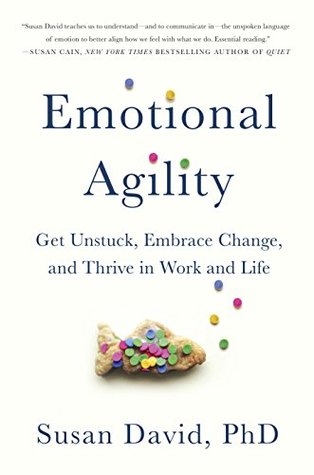It isn’t just that these dubious, not-always-accurate stories we tell ourselves leave us conflicted or waste our time or result in some chilly days around the house. The bigger issue is the conflict between the world these stories describe and the world we want to live in, the world where we could truly thrive. During the average day, most of us speak around sixteen thousand words. But our thoughts—our internal voices—produce thousands more. This voice of consciousness is a silent but tireless chatterbox, secretly barraging us with observations, comments, and analyses without pause. Moreover,
It isn’t just that these dubious, not-always-accurate stories we tell ourselves leave us conflicted or waste our time or result in some chilly days around the house. The bigger issue is the conflict between the world these stories describe and the world we want to live in, the world where we could truly thrive. During the average day, most of us speak around sixteen thousand words. But our thoughts—our internal voices—produce thousands more. This voice of consciousness is a silent but tireless chatterbox, secretly barraging us with observations, comments, and analyses without pause. Moreover, this ceaseless voice is what literature professors call an unreliable narrator—think Humbert Humbert in Lolita, or Amy Dunne in Gone Girl. As with these two characters, whose accounts of events can’t be entirely trusted, our own internal narrator may be biased, confused, or even engaged in willful self-justification or deception. Even worse, it will not shut up. You may be able to stop yourself from sharing every thought that pops into your head, but stopping yourself from having those thoughts in the first place? Good luck. While we often accept the statements bubbling up from within this river of incessant chatter as being factual, most are actually a complex mixture of evaluations and judgments, intensified by our emotions. Some of these thoughts are positive and helpful; others are negative and unhelpful. In either case, our inner voice is rarely neutral or dispassionate. For exam...
...more
This highlight has been truncated due to consecutive passage length restrictions.


